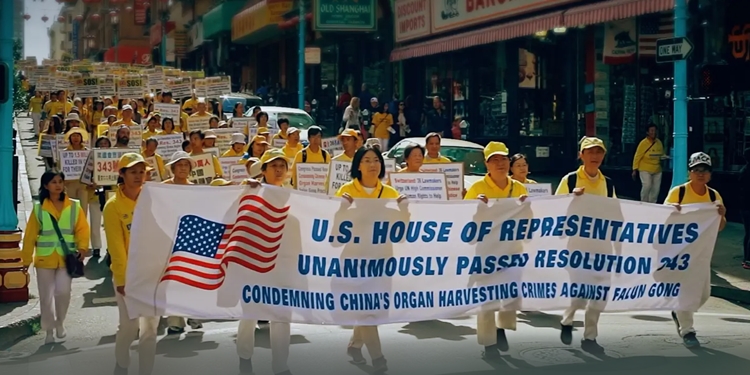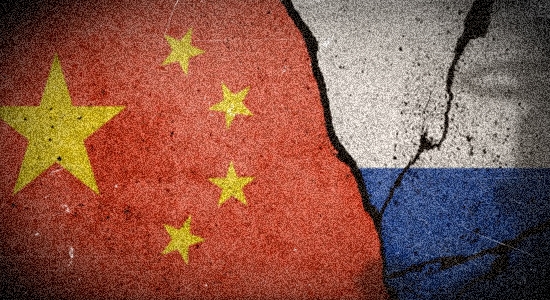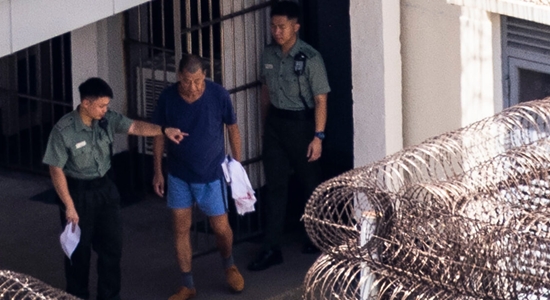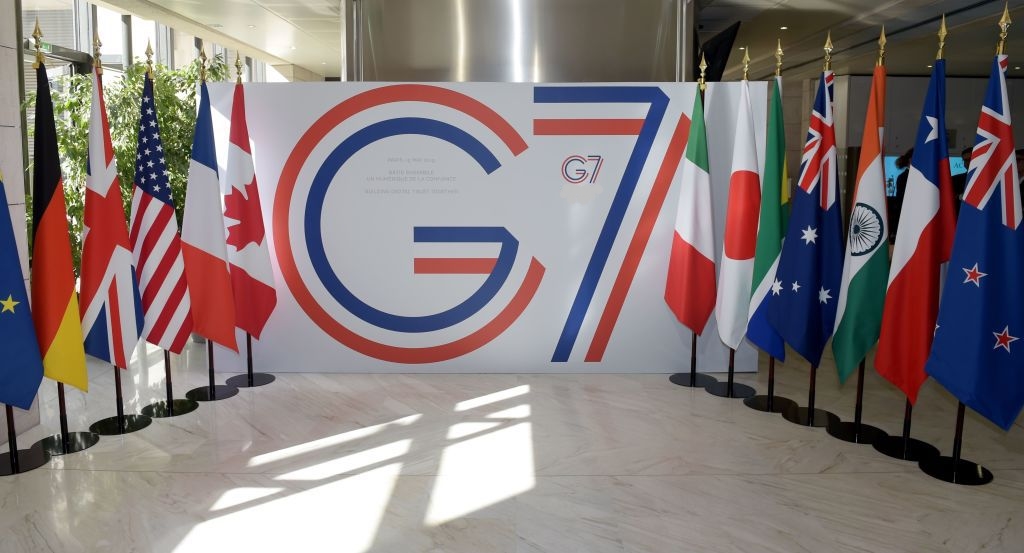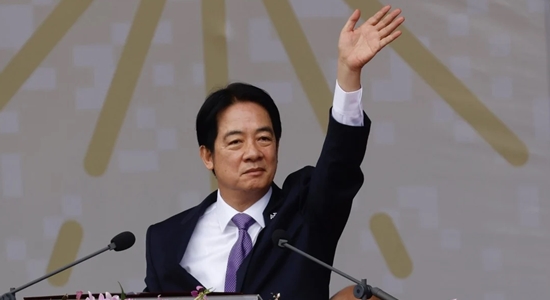
William Lai Ching-te, president of the Republic of China, said in a speech delivered on the occasion of Double Ten Day, or Taiwan National Day, that the PRC and the ROC “are not subordinate to each other” and that the former does not represent the latter (Focus Taiwan, October 10, 2024).
“The Republic of China has already put down roots in Taiwan, Penghu, Kinmen, and Matsu. And the Republic of China and the People’s Republic of China are not subordinate to each other. On this land, democracy and freedom are growing and thriving. The People’s Republic of China has no right to represent Taiwan.”
Lai devoted much his address to other political matters, some rather silly, but by the end of his remarks had returned to the themes of democracy and his country’s relationship to the mainland.
Tenacity of democracy
“Our efforts to maintain the status quo of peace and stability in the Taiwan Strait remain unchanged,” Lai said. “Our commitment to hoping for parity and dignity, and healthy and orderly dialogue and exchanges between the two sides of the strait remains unchanged.
“Our determination, from one generation to the next, to protect our free and democratic way of life remains unchanged….
“The stronger the commitment of the Taiwanese people, the greater the tenacity of democracy around the world. The greater the tenacity of the Taiwanese people, the stronger the commitment of democracy around the world.”
The gist of cross-strait aspect of Lai’s speech, then, was that the ROC isn’t going anywhere, China isn’t its boss, and democracy is a positive good to be be preferred to totalitarian dictatorship. Nothing new.
The mainland’s response was nothing new either: more verbal bluster and more military bluster.
“By repeating the rhetoric China and Taiwan are not subordinate to each other and that Taiwan has sovereignty, Lai Ching-te tries to repackage and promote the fallacy of Taiwan independence,” Mao Ning, a spokeswoman with China’s foreign ministry, averred. Lai “exposes his stubborn Taiwan independence stance and his malicious intent to escalate tensions in the Taiwan Strait for political self-interest.”
The standard plaint of the bully: “Why are you making me do this to you?!”
Peace and stability
Another PRC representative, Chen Binhua with the Taiwan Affairs Office, concurred. Lai’s “provocations” in “seeking ‘independence’ are the root cause of trouble to peace and stability in the Taiwan Strait and will bring disaster to the people of Taiwan.”
Mao and Chen speak for the same root-cause-reviling Chinese government which recently announced that “diehard” Taiwanese advocates of “separatism” deserve the death penalty.
The other half of China’s response to Lai’s words consisted of military intimidation of Taiwan.
Taiwan’s defence ministry reported on Thursday that in the 24 hours to 6am, the People’s Liberation Army sent at least 27 aircraft—including fighters and drones—to patrol the island’s northern, western and southwestern sides.
Fifteen aircraft crossed the median line—a notional midway point between self-governed Taiwan and mainland China—while nine naval vessels and five official ships from mainland China also operated near the island.
Double Ten Day (sometimes rendered as “Double Tenth Day”) is so-called because of the month and day of the date of the Wuchang Uprising, October 10, 1911, which the Taiwanese commemorate annually.
The insurrection was the beginning of the end of the centuries-long Qing Dynasty, and the Republic of China was founded on January 1, 2012. In 1949, after losing the civil war with the communists, many in the ROC government fled to Taiwan and established themselves there.

